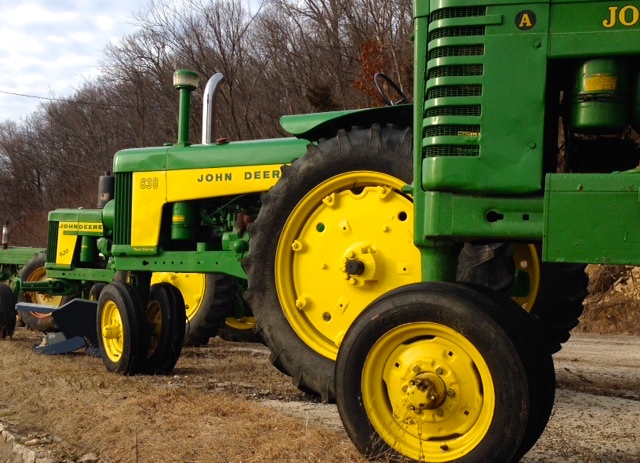
By Kara O’Conner
Morning Ad Clips (12/5/17)
CHIPPEWA FALLS, Wis. — In November, the Wisconsin Department of Revenue lowered a Kewaunee County landowner’s property taxes because of proximity to a large Concentrated Animal Feeding Operation (CAFO). The Department of Revenue reviewed three years of data from home sales in the county, and found that on average, homes within a quarter mile of a large CAFO sold for 13 percent less than their assessed value, and homes between a quarter of a mile and one mile from a large CAFO sold for 8 percent less than their assessed value. The Department of Revenue defined a large CAFO as 4,000 or more animal units.
Of course it is devastating for a homeowner to see the value of their most valuable asset – their home – slip away. It’s also frustrating for CAFO owners to find yet again that simply following state law is not enough to protect their neighbors. Loss in property values due to the growth of large CAFOs also puts local governments in a tough spot. The Wisconsin state legislature has made such significant cuts to local government aid over the past six years that local governments are leaning more and more on property taxes to fund important services like roads, law enforcement, County Extension and the local health department. Having to increase someone else’s property taxes due to declining property values near CAFOs is sure to be met with consternation from taxpayers.
Ignoring local government
Ideally local governments would be able to take action on their own to protect local property values and prevent these conflicts. However, the state Livestock Siting Rules actually preempt local governments from taking such action in the case of CAFOs. For example, local governments are not allowed to require setbacks for CAFOs that are greater than the state guidelines, even if greater setbacks would protect neighboring property values. The state is dealing local governments a tough one-two punch — making them increasingly reliant on property taxes due to loss of state aid, but not giving them the tools or the latitude to protect the local property values on which they must rely.
CAFO owners can dutifully follow the state standards, and still have negative spillover effects that reduce their neighbors’ property values. This situation is not fair to any of the parties involved.
That’s why Wisconsin Farmers Union has called on the state Department of Agriculture, Trade, and Consumer Protection to move forward with its proposed revisions to ATCP 51, the State Livestock Siting Rules. DATCP’s draft changes are not perfect, but they would be a good start, including increasing the setbacks for CAFOs to avoid precisely the situation that is transpiring in Kewaunee County, where neighbors’ property values are diminished due to insufficient setbacks. The current Livestock Siting standards were enacted in 2006 and have never been updated since. In 2006, a 1,000-cow operation was a big deal. Now we have operations with 4,000, 7,000 10,000 animal units, and we’re still using standards that are over a decade old. The industry has moved forward. Our standards need to do so as well.
When the Livestock Siting Rules were first enacted in 2006, one of the stated goals was to reduce the acrimony of bitter local fights about regulation of large livestock facilities. Unfortunately, the rules have not lived up to their promise. As this month’s events have shown, CAFO owners can dutifully follow the state standards, and still have negative spillover effects that reduce their neighbors’ property values. This situation is not fair to any of the parties involved. It’s not fair to the neighbor who loses property value, and it’s not fair to the CAFO who gets blamed even though they are following the standards. It’s also not fair to the local government that would like to step up and create better standards, but are preempted from doing so by the state. The state is not doing right by CAFOs, their neighbors, or local governments by leaving this flawed set of rules in place.
(Kara O’Connor is the Government Relations Director for the Wisconsin Farmers Union Government Relations.)

